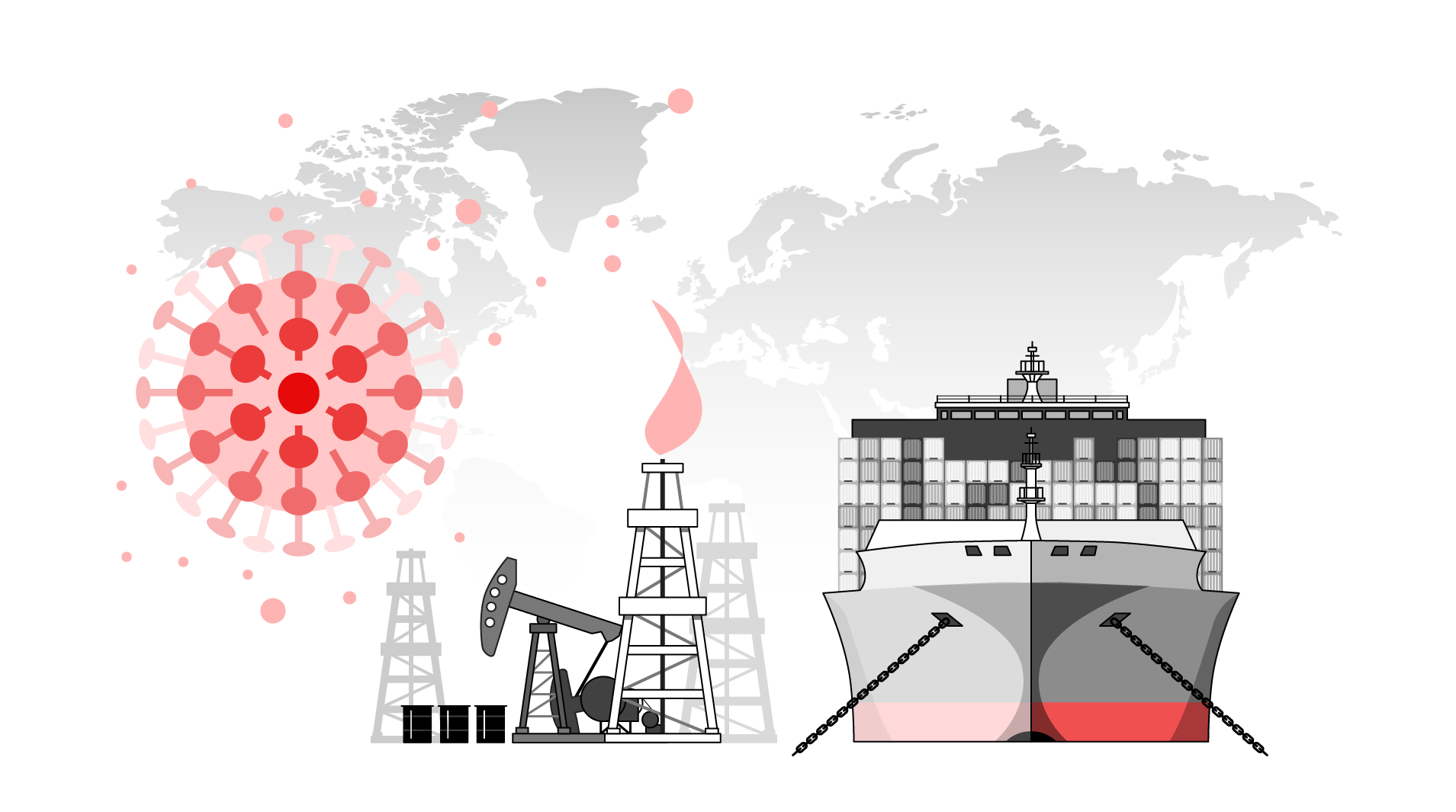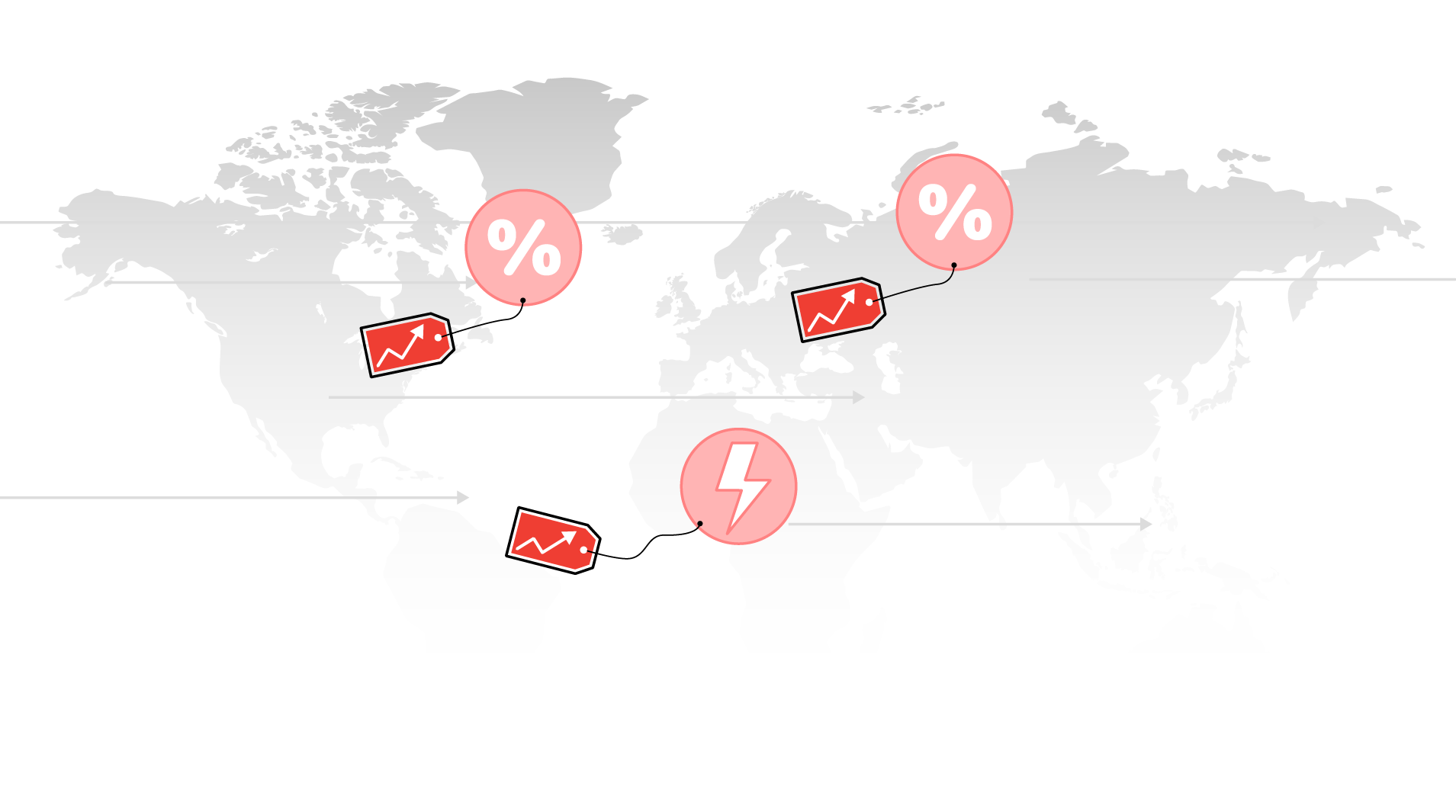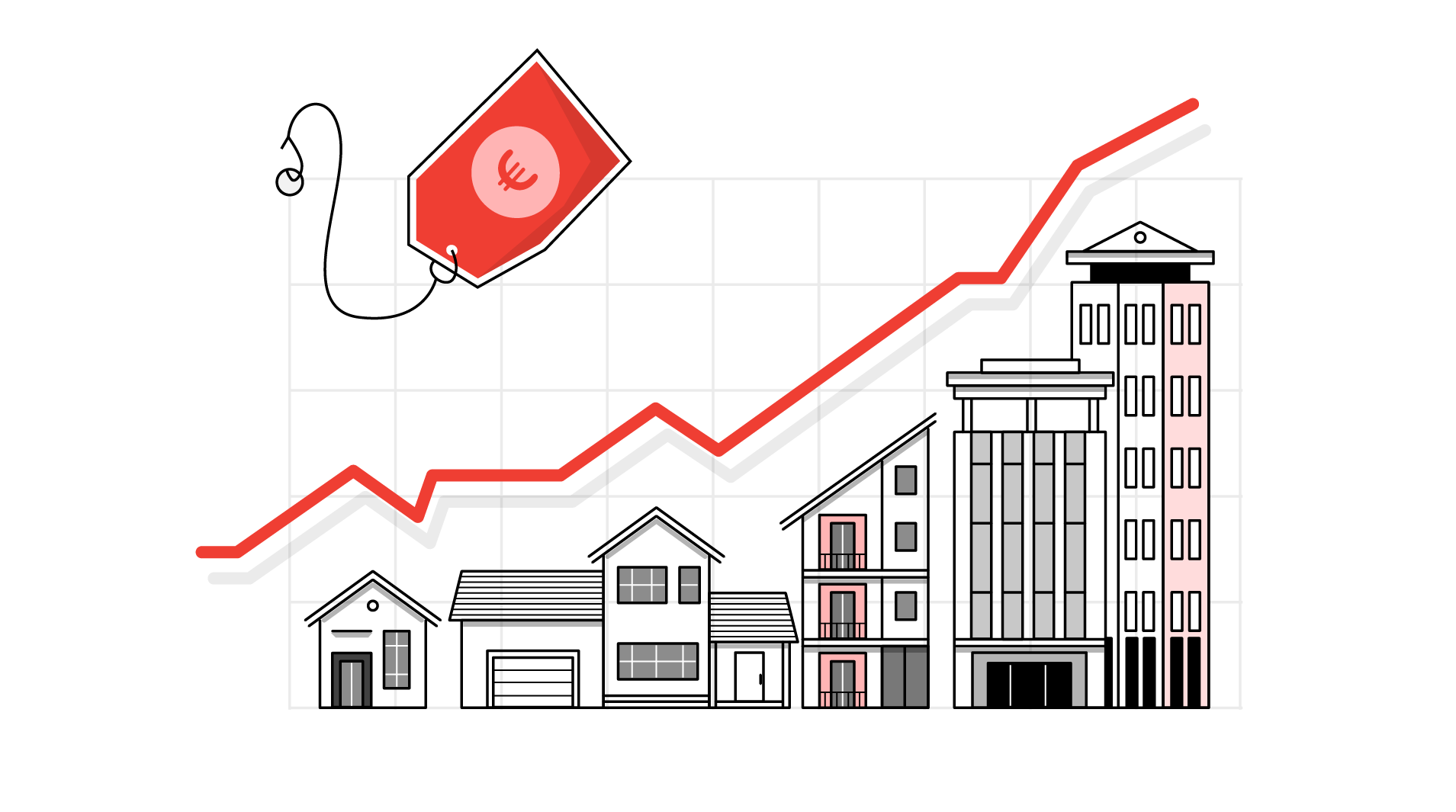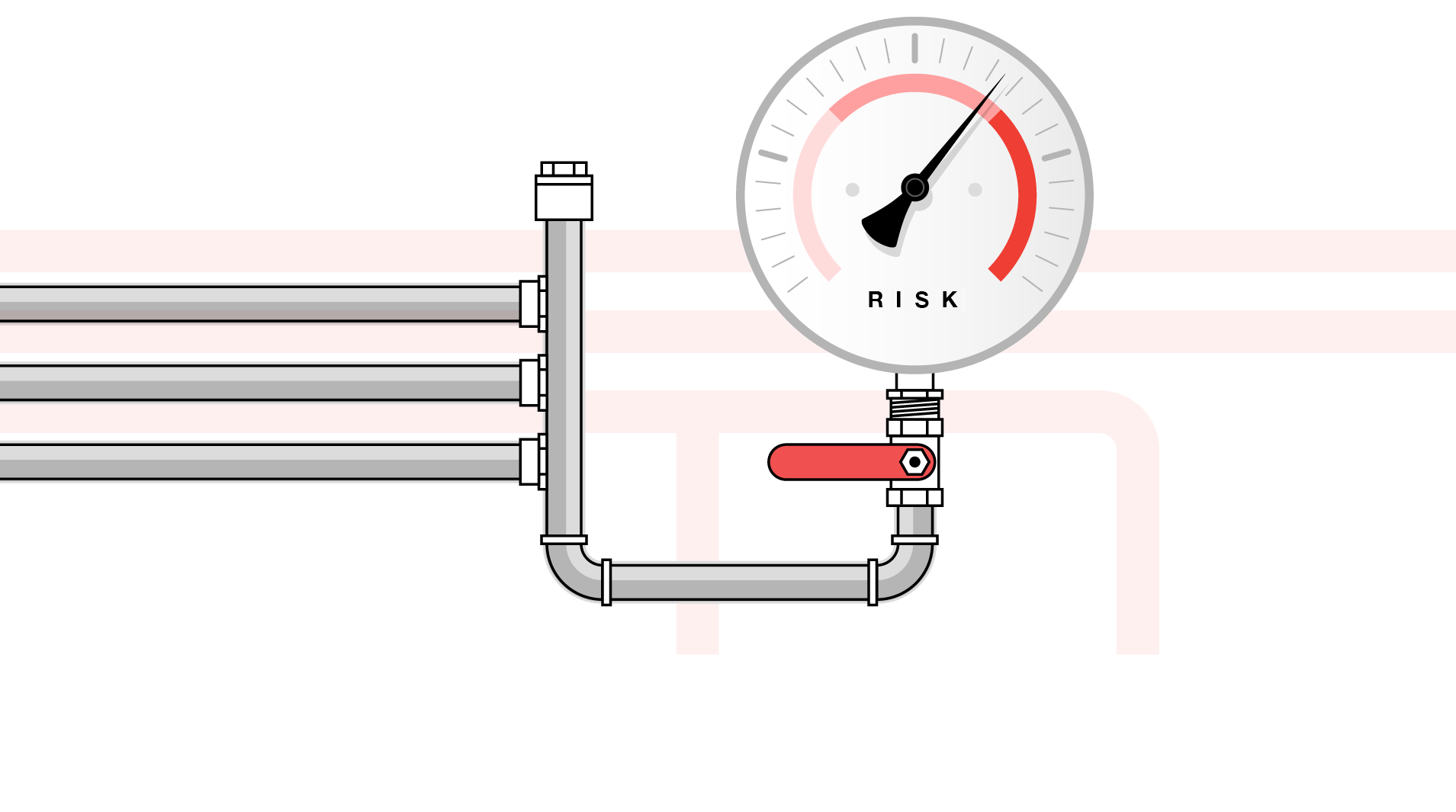Financial Stability 23
Global environment

The total exposure of the financial system to systemic risks has increased as a result of the war in Ukraine and the sanctions imposed on Russia, the effects of which mostly spill over to the Croatian economy via the developments in the prices of raw materials and other goods on global and regional markets.
Prices

Rising prices of oil and food products on the global markets, partly influenced by the war in Ukraine, are spilling over to domestic prices of refined petroleum products and food, propelling strong acceleration in inflation.
1 Macroeconomic environment
3 Household sector
Real estate

Residential real estate prices continued to grow in 2021, mostly faster than their key macroeconomic fundamentals, which increases the probability of a sudden reversal should there be any macroeconomic disruption.
4 Real estate market
Box 6 The policies and ways to influence the residential real estate market
Stable banking system

Uncertainties related to the pandemic and recent geopolitical tensions still have not jeopardised the stability of the financial sector in Croatia. High banking sector liquidity and capitalisation, supported by the capital buffers built up over the past years, played an important role in achieving this.
6 Credit institutions
7 Stress testing of credit institutions
Risk

Challenges and risks for the domestic financial system in the forthcoming period in Croatia stem from the developments in geopolitical instabilities and inflationary pressures, the effects of the expected normalisation of monetary policy and the further increase in the prices of residential real estate.
Box 2 How much would repayment costs grow for users of housing and consumer loans in the event of an interest rate increase?
Box 3 ESRB warnings and recommendations on medium-term vulnerabilities on the residential real estate market
